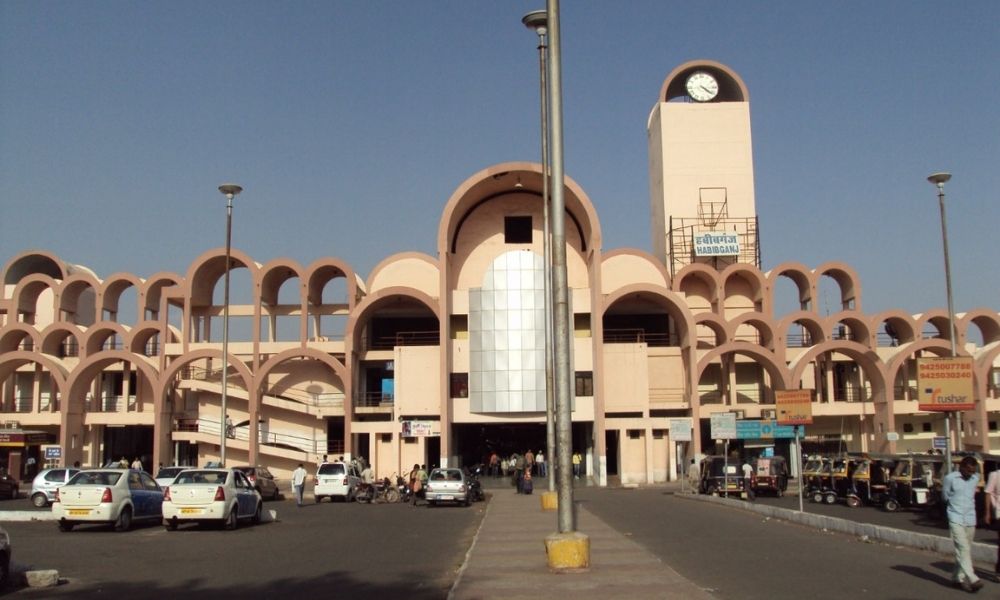
Picture credit: Wikimedia
Habibganj Becomes India's First Private Railway Station To Go Solar Way
Writer: Anuran Sadhu
A post grad journalism student of SIMC, Pune with a passion for using words to get my message across in the most unique ways possible and curiosity is the force that drives me to learn and experience more every day.
Madhya Pradesh, 6 July 2021 5:00 AM GMT
Editor : Sanal M Sudevan |
Keen to explore new things and learn something new every day in the field of jounalism.
Creatives : Sanal M Sudevan
Keen to explore new things and learn something new every day in the field of jounalism.
1MW solar power plant is being installed at Habibganj railway station, in Bhopal, which will cater to the entire electricity consumption of the station.
Located in Bhopal, Habibganj station is being installed with a 1MW solar power plant which will cater to the entire electricity consumption of the station. The solar power plant will be functional from next month. For using the best green technology, this feat has earned a 5-star gem rating. Divisional Railway Manager of Bhopal Uday Borwanker received the honour.
First Private Railway Station
Interestingly, Habibganj is also India's first railway station to be built under a public-private partnership. A local firm, Bansal Group, was awarded a contract to build, maintain and operate the station for eight years. A few days ago, Habibganj railway station was in the news for the newly built interior as part of a revamp process of Habibganj into a world-class station. The project was launched in 2016 at an estimated cost of Rs 450 crore. Out of the total budget, Rs 100 crore was invested in revamping the station at par with international standards, and Rs 350 crore was earmarked for commercial facilities.
Environment-Friendly Construction
Abu Asif, the project manager of Bansal Pathways, said that roof-top solar panels are already being installed, and with a 1MW solar facility, the station will not require electricity from outside, as per Times of India. The station is built for optimum utilization of natural light, better ventilation, and use of recycled water and recycled materials, he added. The station also has the facility to harness solar energy and harvest rainwater, besides being eco-friendly.
The project is an example of sustainable construction work, with a climate-conscious approach that ensures minimal damage to the environment during construction. According to Asif, the structural work has been completed. The redevelopment work had the deadline of March 31, 2020. However, due to the pandemic, the deadline was extended by a year to March 31, 2021.
Also Read: Rechargeable Cement-Based Batteries Could Make Future Buildings Sustainable: Study
 All section
All section













